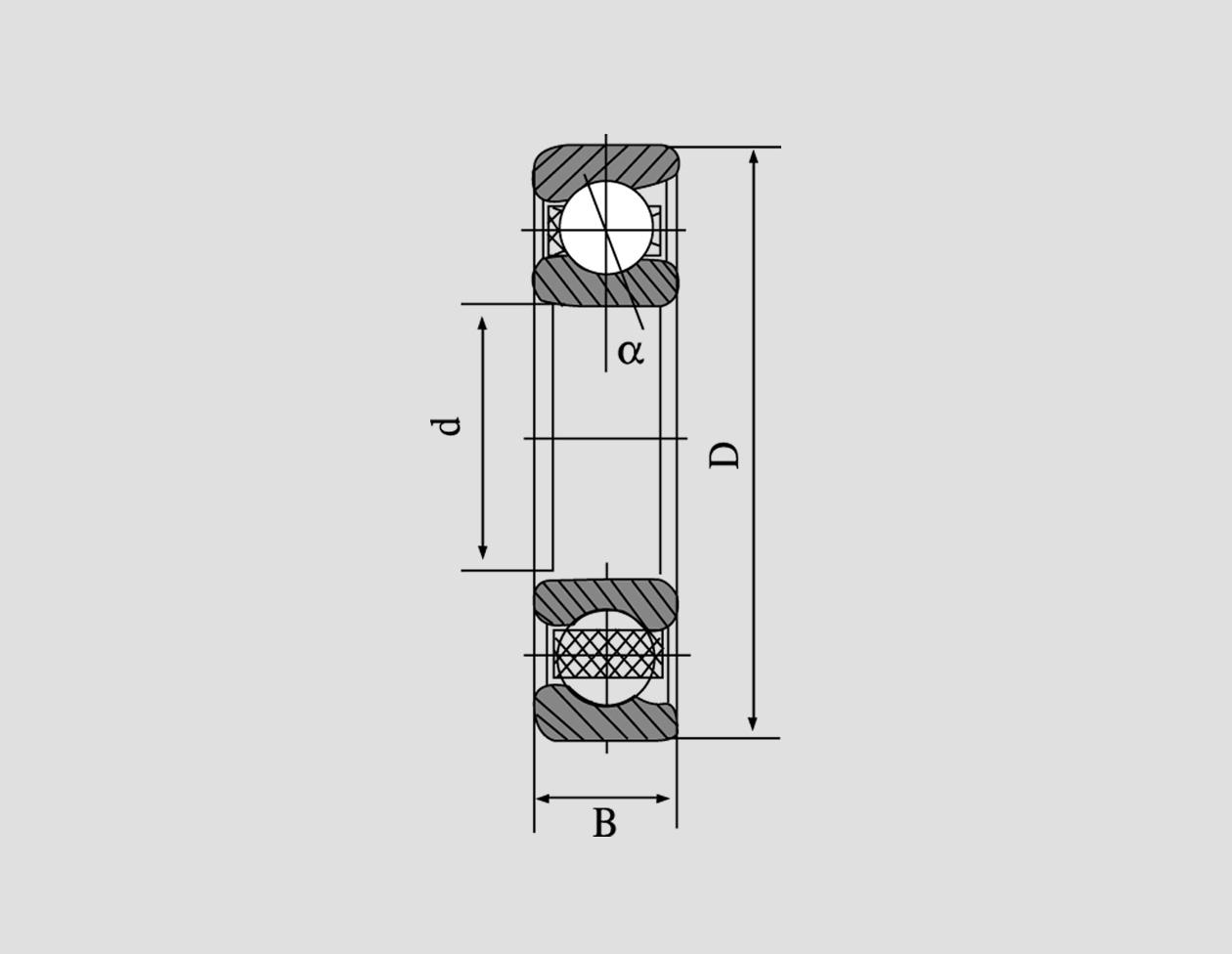
Oct . 18, 2024 08:27 Back to list
Exploring the Applications and Advantages of Spherical Bearing Blocks in Engineering
Understanding Spherical Bearing Blocks Their Importance and Applications
Spherical bearing blocks are critical components in various mechanical systems, providing the flexibility and support necessary for smooth operation across a range of applications. These specialized bearings are designed to accommodate misalignment between rotating shafts and stationary structures, making them indispensable in industrial machinery, automotive systems, and even aerospace applications.
At the heart of the spherical bearing block's design is the concept of allowing rotation in multiple directions. Unlike conventional bearings that may restrict movement to specific axes, spherical bearing blocks pivot around a spherical surface, permitting a greater range of motion. This unique feature enables them to handle not only radial loads but also axial loads, making them exceptionally versatile in their application.
One of the primary materials used in the construction of spherical bearing blocks is high-quality steel, which provides the necessary strength and durability. Additionally, many spherical bearings are fitted with self-lubricating properties, which reduce friction and wear over time, thus prolonging the lifespan of the component. Modern innovations have led to the incorporation of composite materials that further enhance the performance of these bearings under various environmental conditions.
spherical bearing block

The applications of spherical bearing blocks are vast and varied. In the automotive industry, they are commonly found in suspension systems, where they allow for the smooth articulation of various components. This functionality is crucial for maintaining vehicle stability, comfort, and handling. Similarly, in heavy machinery, spherical bearings support moving parts, helping to absorb shocks and vibrations that can lead to premature wear and failure.
Aerospace applications also benefit from spherical bearing blocks. In aircraft, these components are used in landing gear systems, where they help manage the complex movements that occur during takeoff, landing, and taxiing. The lightweight and durable qualities of spherical bearings are particularly advantageous in this sector, as they contribute to overall aircraft performance and safety.
The importance of proper maintenance of spherical bearing blocks cannot be overstated. Regular inspections and lubrication are essential to ensure that these components continue to function effectively. Neglecting maintenance can lead to increased wear and tear, resulting in costly repairs or even complete system failures. Therefore, industries that rely on these bearings often implement preventive maintenance schedules to extend the lifespan of their machinery.
In conclusion, spherical bearing blocks play a vital role in modern engineering and machine design. Their unique ability to accommodate misalignment, coupled with their robust construction and versatility, makes them essential components across various sectors, including automotive, heavy machinery, and aerospace. As technology advances, the materials and designs of spherical bearings continue to evolve, further enhancing their performance and reliability. Understanding their function and importance is crucial for engineers and maintenance professionals alike, ensuring that systems operate smoothly and efficiently, ultimately leading to increased productivity and safety. Whether in everyday machinery or high-tech applications, spherical bearing blocks are indeed a foundational element of modern engineering.
Latest news
-
Premium Deep Groove Ball Bearings | High Speed & Reliability
NewsAug.29,2025
-
Durable Scaffolding Clamps - Secure & Reliable Tube Connectors
NewsAug.28,2025
-
Common Failures in Thrust Ball Bearings and Solutions
NewsAug.22,2025
-
How Tapered Roller Bearings Can Take Shock Loads
NewsAug.22,2025
-
Angular Bearings in High-Precision Spindles
NewsAug.22,2025
-
The Impact of Misalignment on Cylindrical Roller Bearing Performance
NewsAug.22,2025
